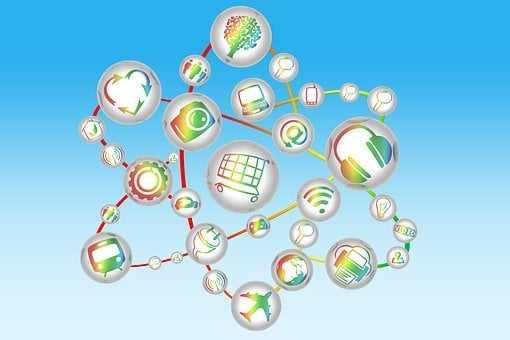The psychology of stuff and things | The Psychologist
Curated from: thepsychologist.bps.org.uk
Ideas, facts & insights covering these topics:
9 ideas
·5.98K reads
10
Explore the World's Best Ideas
Join today and uncover 100+ curated journeys from 50+ topics. Unlock access to our mobile app with extensive features.
Attraction Towards Stuff
Right from childhood, we are attracted to things that we can call our own, stuff like clothes, toys, bags, and books, later morphing into adult toys like cars, jewellery, furniture, Playstations and iPhones.
These possessions become our extension and eventually our legacy.
138
1.34K reads
Kids And Possessions
- In children, attachment to certain objects like a favourite toy or blanket is common.
- They can rebel or move to tears when made to part with the object they are attached to, as a deep bond is formed.
- The object aids the kid’s transition to adulthood and is more common when they are not attached to their parents.
132
755 reads
Attachment To Objects: Mid Adolescence
Being happy with material goods peaks during the formative years, when new experiences make the teenager’s already fragile self-esteem fluctuate. A sense of self-worth and respect makes them less prone to attachment towards materialist objects.
Pre-teen girls identify so much with material objects like clothes, that if they exchange it with each other, it feels that they have shared their identity.
130
695 reads
Material Possessions in Adulthood
- The first car is often the main symbol of identity, with young adults seeing it as an extension of themselves.
- The house becomes the extension of the physical body and is a clear reflection on the image the owner wants to convey.
- Research shows that a fragile ego and powerlessness are triggers to buy high-status products, as it offsets the inner inadequateness.
- Our possession signals our status and availability to others.
140
655 reads
Conspicuous Consumption
Wearing luxury clothes has social benefits, as a study shows it helps in getting a job or soliciting money for charity, and much like a uniform can communicate about one’s membership or affiliation to certain clubs, groups, or sports teams.
127
658 reads
Loss And Disposal Of Our Belongings
The loss of material possessions often comes as a form of death to many, as many victims of theft or mugging feel a certain psychological loss, which is greater than the financial value of the stolen item.
Many also see the disposal of possessions as a liberating feeling full of closure and growth, as they finish a chapter of their lives and start another.
126
483 reads
Possessions In The Old Age
- The elderly form bonds with their personal belongings and at the same time feel nostalgic about the brands when they were young. The attachment towards stuff deepens as the age goes by, cherished and preserved by them to remember the old times gone by.
- The possessions form a link towards their younger selves, memories and relationships, and become family heirlooms after their death.
- The stuff that celebrities use fetches good money in auctions after they die, as people try to find the essence of the person in the item.
120
415 reads
Our Digital Possessions
As the world goes increasingly digital, our online identity becomes the primary way to tell the world about our possessions, likes, dislikes and desires.
Our self has extended itself in our digital possessions, which create the same kind of attachment as older people have with physical objects.
128
444 reads
The Problem Of Hoarding
Holding on to one’s belongings, when taken to the extreme, becomes a serious problem of hoarding when the owners are reluctant to ever part with their collectables.
Hoarding disorder is a growing problem and can be the reason for fire hazards and even other mental disorders stemming from the clutter.
126
530 reads
IDEAS CURATED BY
Ishank R's ideas are part of this journey:
Learn more about personaldevelopment with this collection
Conducting market research
Analyzing data to make informed decisions
Developing a product roadmap
Related collections
Similar ideas
Read & Learn
20x Faster
without
deepstash
with
deepstash
with
deepstash
Personalized microlearning
—
100+ Learning Journeys
—
Access to 200,000+ ideas
—
Access to the mobile app
—
Unlimited idea saving
—
—
Unlimited history
—
—
Unlimited listening to ideas
—
—
Downloading & offline access
—
—
Supercharge your mind with one idea per day
Enter your email and spend 1 minute every day to learn something new.
I agree to receive email updates

